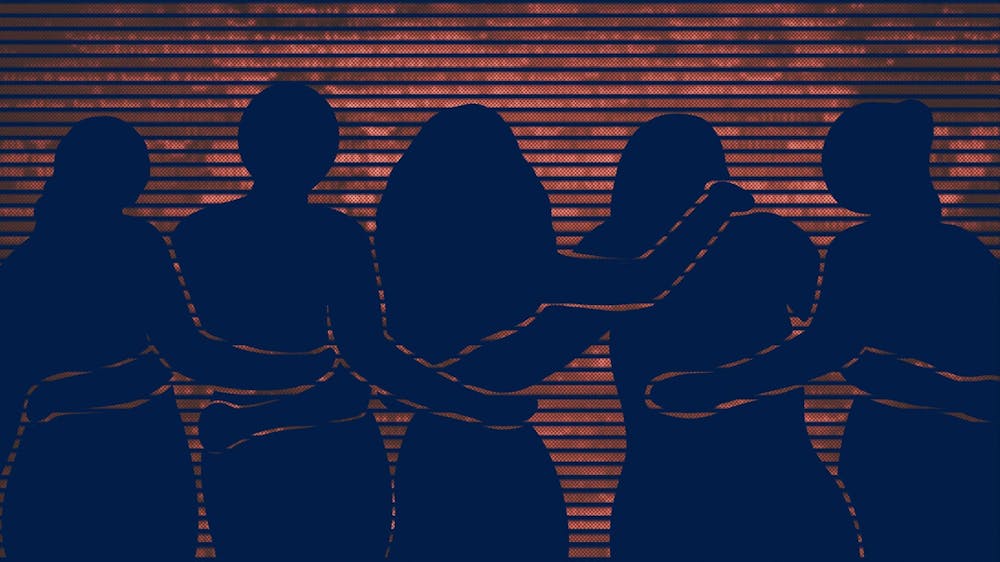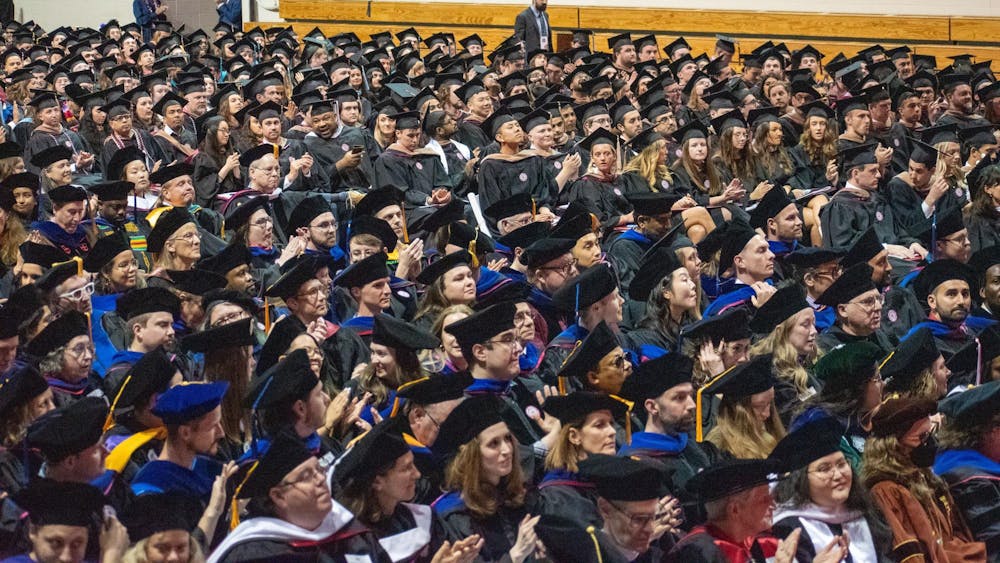School principal turned codebreaker Elizebeth Friedman helped indict rum-running criminals in the ‘20s, decrypt Nazi cipher machines in the ‘40s and write textbooks on cryptography.
Only recently did documents surface showing how vastly important Friedman’s work was. She assisted in breaking several important codes to help the U.S. war effort during World War II and used her experiences to help educate others.
History often overlooked her and other women who were instrumental in early codebreaking.
Now, three IU researchers have combed through the IU archives, National Security Agency databases and more to explore women who were essential to cybersecurity but didn’t receive recognition.
The project, run through the Center of Excellence for Women in Technology, was first envisioned by IU first lady Laurie McRobbie who said she brainstormed the idea using a list of women compiled by Justin Troutman, a cybersecurity specialist.
The goal is to help more people learn about how women have been at the forefront of codebreaking and cybersecurity since women in these fields have long been treated like they didn’t belong, McRobbie said.
“The more we can tell these stories and get names and images and true history out there, I really think the more likely it is that generations of young women won’t be burdened by that sense of not belonging,” McRobbie said.
The research is divided into two parts — historic and modern. The team also took into consideration Black women who were overlooked because of their race. Senior Alexandra Schrader-Dobris, team leader, said the goal of the group’s research is to bring these women’s stories to the public eye.
“It normalizes the idea that women and specifically women of color contributed to code-breaking even in its earliest stages,” Schrader-Dobris said.
The research doesn’t come without obstacles, though. The racist climate of the early 20th century meant Black women’s work went unrecognized and often less documented, she said.
Senior Julie Stout, who researched three Black women, said it was frustrating because she first doubted her own research abilities before realizing the records on Black women just hadn’t been as well kept.
“Even after all the research that I’ve conducted, the fact that I wasn’t able to find as much as I wanted to is really telling of their story,” Stout said.
Stout said the women she researched also inspired her as a woman about to enter a male-dominated field.
“Knowing about how these women entered the field and knowing about their own struggles entering the field, there’s a message to pull from that when I go forward in my career,” Stout said.
Sophomore Kat Ellingson was responsible for researching three white women, including Friedman, the inspiration for the project.
Unfortunately, the FBI and Director J. Edgar Hoover took credit for much of her work during World War II, Ellingson said.
Ellingson and her fellow researchers also interviewed women currently in cybersecurity. She said that while it was inspiring to hear from them, they warned that women often have to work twice as hard and are still looked down upon. Ellingson said surviving in a field that is constantly changing and fighting against you shows tenacity.
“I walked out of these interviews absolutely astounded by people’s capacity to really make change,” Ellingson said.
The researchers said they plan to publish their interviews and findings on the CEWIT website at the beginning of the summer.
“Even during a time where they were genuinely oppressed and segregated, [they] were able to push through that and still achieve something great,” Stout said.






